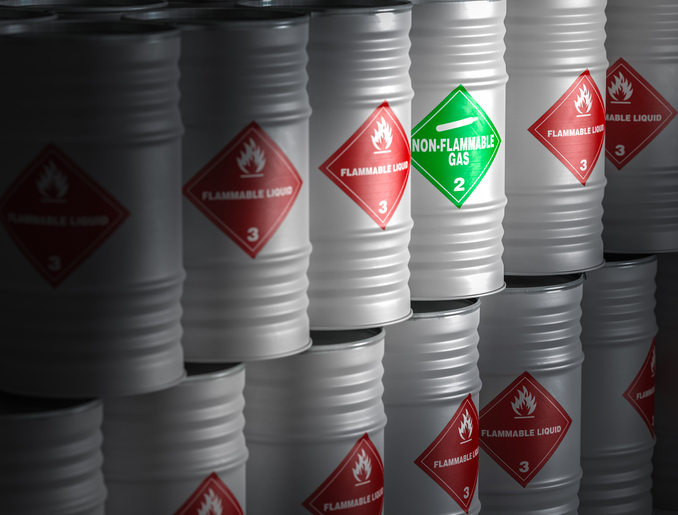According to OSHA: These are the measures your employer should take to prevent chemical exposure on the job

Exposure to hazardous chemicals on the job can result in serious injuries and adverse health conditions. Chemical exposure is common across a wide range of occupations. Most commonly, miners, construction workers, manufacturers, warehouse workers, food service workers, auto mechanics, agriculture workers, health care workers, and those who work at chemical plants are at an elevated risk of sustaining an injury or serious health condition.
What does OSHA require of employers?
OSHA’s Hazard Communication Standard (HazCom) was established to help protect workers from injuries or illnesses caused by hazardous chemicals on the job. In compliance with HazCom, employers in industries that involve the production, handling, use, or storage of toxic chemicals must provide workers with the following information:
- Hazard classifications: Workers should receive information regarding classifications of health and physical hazards relating to certain chemicals or mixtures.
- Labels: HazCom requires that chemical manufacturers and importers provide labels, which include:
- Harmonized signal words – such as “danger” and/or “warning”
- Pictograms
- Hazard statements relating to each hazard class and category
- Precautionary statements
- Safety data sheets: A 16-section format specifying safety and hazard information
- Information and training: In order to ensure workers recognize and understand labels and safety data sheets, they must receive adequate training.
Workers are not expected to remember each specific fact regarding chemicals and hazard classifications. They are, however, expected to be aware of the risks of chemical exposure and the protective measures that can be taken to prevent injuries.
What are the risks of chemical exposures on the job?
Chemical exposure may include inhaling harmful vapors, accidentally ingesting harmful substances, or contact with skin and eyes. Depending on the type of chemicals involved or the nature of exposure, workers may sustain:
- Burns
- Damage to internal organs
- Asthma and other respiratory illnesses
- Allergies
- Cancer
According to the National Institute for Occupational Safety and Health, more than 13 million workers across the United States are at risk of chemical exposure that could absorb through the skin (also known as “dermal exposure”). This can lead to dermatitis, skin cancer, skin infections, and other health conditions involving the skin.
If you have sustained any kind of injury, illness, or adverse health condition on the job due to chemical exposure, it’s important that you take it seriously from the start. You may need time off from work and adequate medical care in order to make a full recovery. While this may seem financially overwhelming, you may be eligible for workers’ compensation benefits, which will cover your medical expenses and lost wages.
Proving that your injury or health condition was caused by job-related chemical exposure may be challenging. An experienced workers’ compensation attorney at the Law Offices of Deborah G. Kohl can streamline the process and maximize your chances of obtaining benefits. We serve clients in Massachusetts and Rhode Island. To learn how we can help you, contact our law office online and schedule your free case evaluation today.
